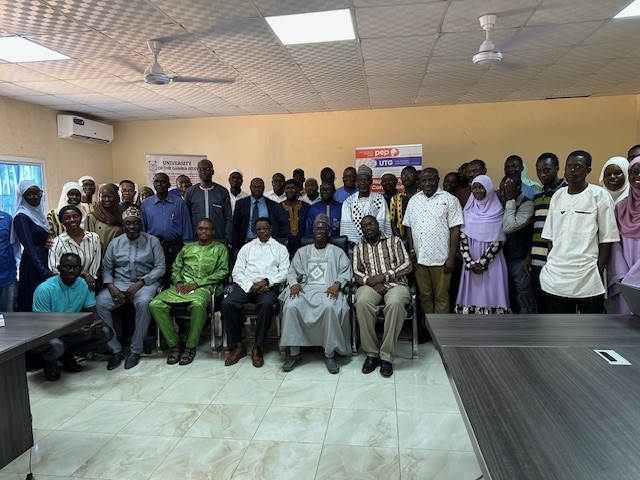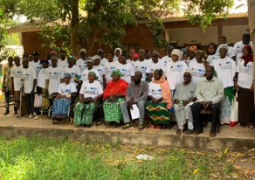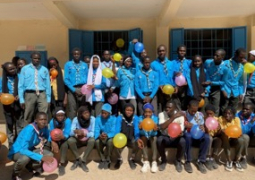
The study, analysed by Dr. Amadou Jallow, a lecturer at UTG school of Business and Public Administration (BPA), seeks to explore the impact of Double Shift Schooling (DSS) on student learning outcomes in The Gambia.
The study revealed that over 70% of public schools operate under this system. Despite increased access to education, learning levels remain alarmingly low, with only 13% of Gambian children demonstrating basic reading skills.
DSS, used in over 45 countries, splits students into morning and afternoon shifts to maximise limited resources. However, the study finds that DSS negatively affects learning outcomes particularly in private schools due to reduced instructional time and increased fatigue.
Using data from EGRA and WASSCE, the research highlights the trade-offs between access and quality, raising critical questions for policymakers in considering reforms.
At the event, Professor Pierre Gomez, Minister for Higher Education, Research, Science, and Technology, underscored the importance of evidence-based education reform in The Gambia, spotlighting a new study on the double shift schooling system and its negative impact on learning outcomes.
Minister Gomez spoke of his ministry’s dedication to systemic reforms through the creation of legislative instruments, increased investment in human capital, and the establishment of the first-ever national research and innovation infrastructure.
“This moment is positioned not just as a presentation of findings, but as a call to action to transform education for the collective future of the nation,” he said.
Also speaking, Louise Moses Mendy, Permanent Secretary of Ministry of Basic & Secondary Education, reiterated that double shift system in The Gambia’s education sector was introduced as a necessary response to increasing enrollment and limited resources; it is not sustainable in the long term if we aim to provide quality education for all.
“Eliminating double shifting by 2030, as outlined in the national education policy, will require substantial investment in infrastructure, teacher recruitment, and foundational learning, particularly in literacy, numeracy, and science education.” he said.
He spoke about financial constraints, further expressing their commitment to improving learning outcomes.
“We are grateful to the University of The Gambia’s evidence-based research, which offers critical insights to inform policy decisions. Strengthening the foundation at the basic level is essential for better outcomes at the higher education level, and the Ministry stands ready to collaborate with all stakeholders to ensure that every Gambian child has access to quality, equitable, and future-ready education.”
Read Other Articles In National News

‘ECOWAS TPO Network registers significant strides in past 3 AGMs’
Jul 19, 2024, 11:25 AM




